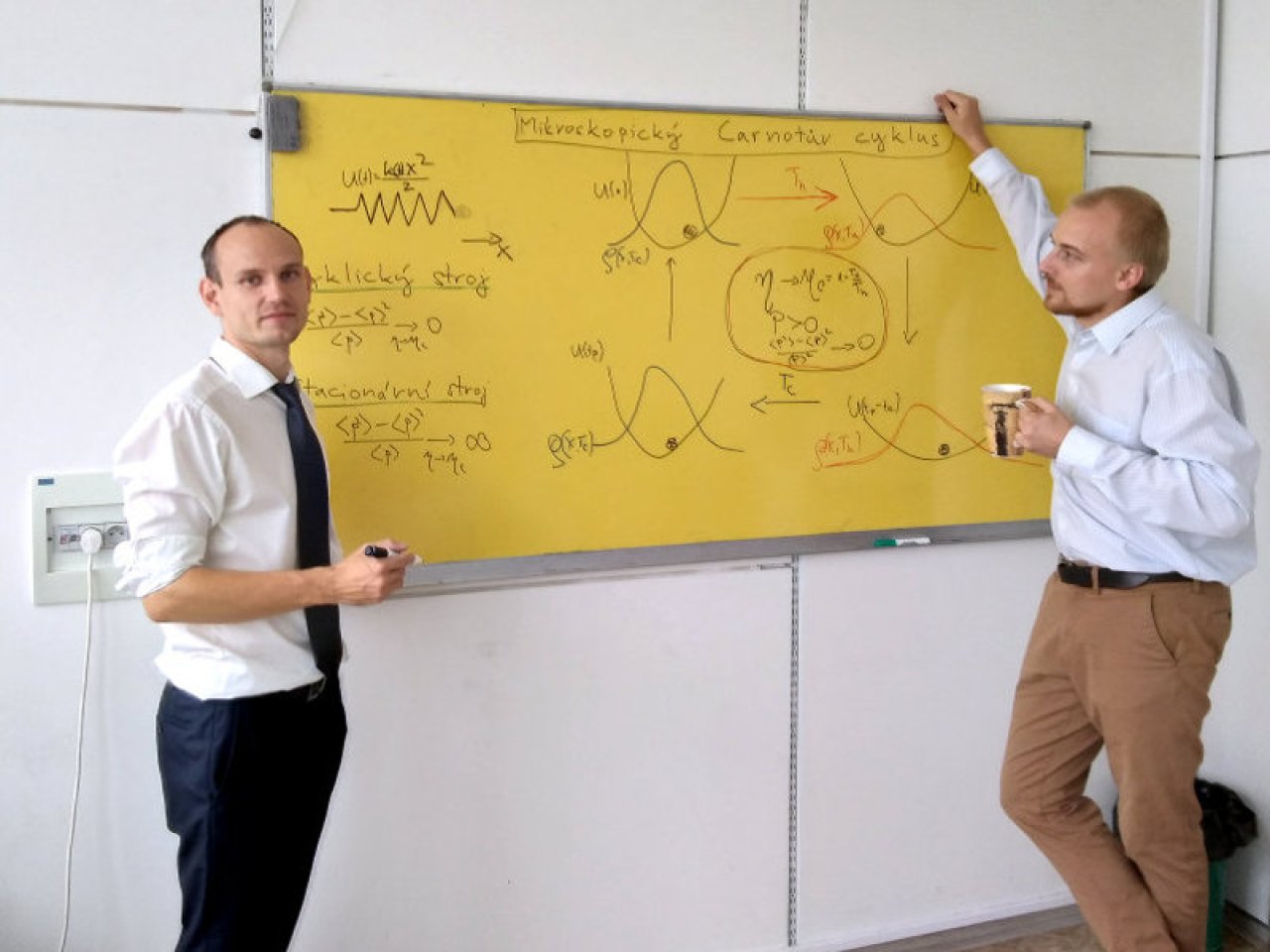Cycling Saves the Day for Efficient, Reliable and Powerful Heat Engines

Investigation of new ways of building efficient, powerful and reliable heat engines is one of the most significant tasks in physics and engineering.
Some of the most important machines found in our everyday life are powered by heat engines. Besides propelling our cars and producing electricity in big power plants, they also empower green plants in nature through the process of photosynthesis. According to the laws of thermodynamics, no heat engine can beat the efficiency of a Carnot cycle. This efficiency traditionally comes with vanishing power output and practical designs, optimized for power, generally achieve far less.
Recently, various strategies to obtain Carnot’s efficiency at large power were proposed. However, also these strategies bring unpleasant limitations diminishing their practicality. Concretely, heat engines operating under time-independent steady conditions close to Carnot’s efficiency were proven to be immensely unreliable.
In the paper Cycling tames power fluctuations near optimum efficiency, we demonstrate that the unfortunate trade-off between power, efficiency and reliability can be fully overcome by designs operating cyclically. Our study represents a next small step towards efficient, reliable and powerful heat engines.



